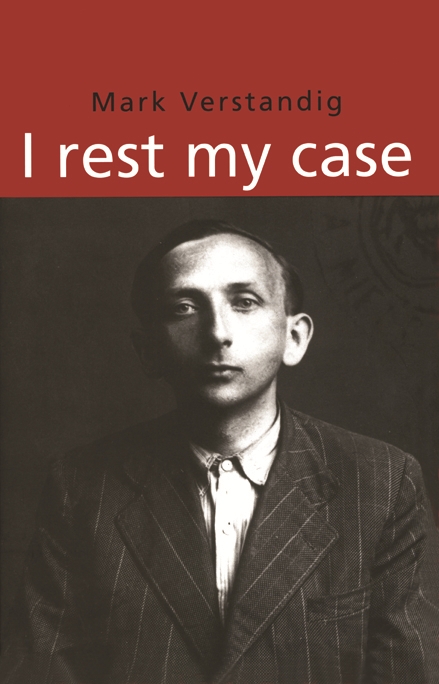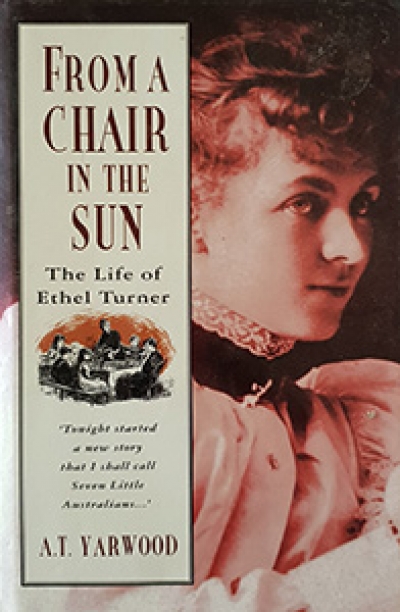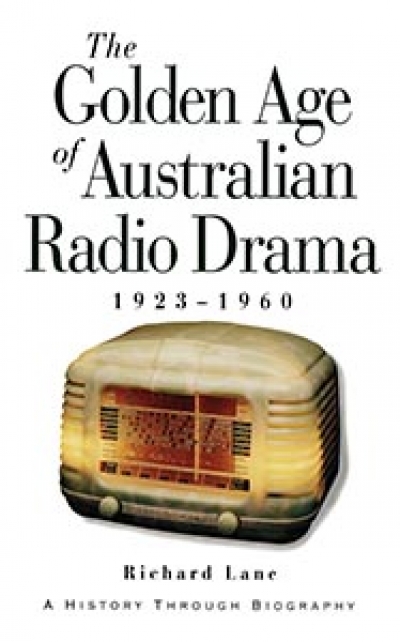Biography
The Death of William Gooch: A history’s anthropology by Greg Dening
by Inga Clendinnen •
From a Chair in the Sun: The life of Ethel Turner by A.T. Yarwood
by Cassandra Pybus •
The Golden Age of Australian Radio Drama, 1923–1960: A history through biography by Richard Lane
by Rodney Wetherell •
'Red Ted': The Life of E.G. Theodore by Ross Fitzgerald
An Officer of the Blue: Marc-Joseph Marion Dufresne: South Sea Explorer, 1724–1772 by Edward Duyker
by Oscar Spate •









